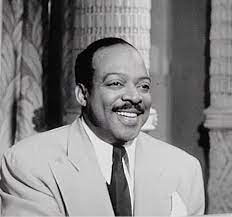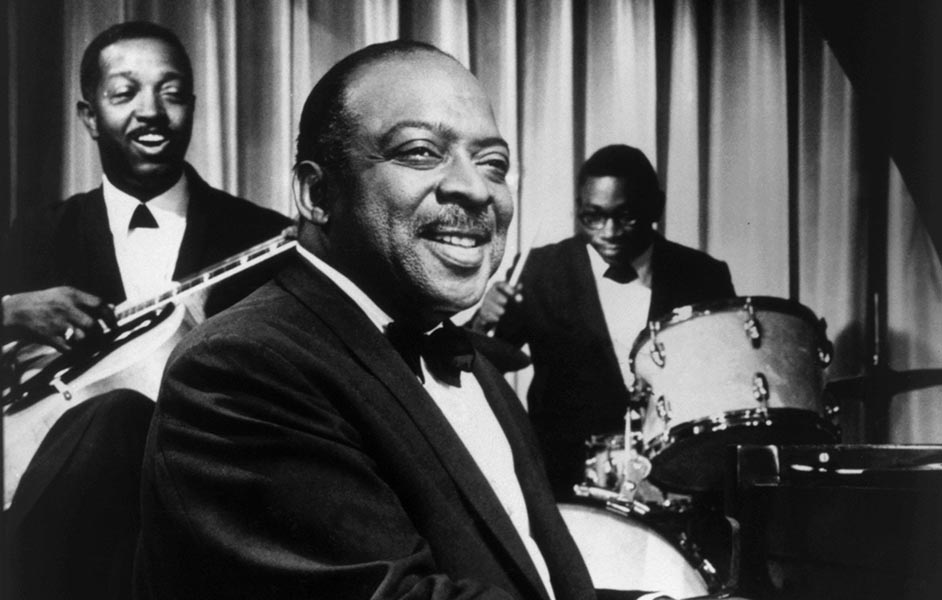Count Basie, the legendary jazz musician and bandleader, left an indelible mark on the world of music. Born William James Basie on August 21, 1904, in Red Bank, New Jersey, he grew to become one of the most influential figures in jazz history. Here are 10 fascinating facts about Count Basie:
- The Nickname Origins: Basie earned his nickname “Count” from his admiration for the elegant style of Countess Piazza, a local bandleader’s daughter. He was initially known as “Count Basie” as a humorous nod to his admiration for her.
- Self-Taught Pianist: Basie was primarily a self-taught pianist. He learned to play piano by ear, often frequenting the local movie theaters where he would watch silent films and memorize the music played by the accompanying pianists.
- The Kansas City Connection: Basie’s career took off when he joined Bennie Moten’s band in Kansas City in 1928. This vibrant jazz scene became pivotal in shaping his musical style, characterized by its swinging rhythm and bluesy improvisations.
- Legendary Band Leader: Basie became renowned for leading one of the greatest jazz bands in history, the Count Basie Orchestra. The band’s dynamic swing style and impeccable timing earned them widespread acclaim and a devoted following.
- Innovator of the “Count Basie Rhythm Section”: Basie revolutionized jazz with his innovative approach to rhythm. He established a distinctive “Count Basie rhythm section,” featuring a simple yet powerful pulse provided by the bass and drums, which became a hallmark of his sound.
- Collaborations with Jazz Giants: Basie collaborated with numerous jazz luminaries throughout his career, including Lester Young, Billie Holiday, and Ella Fitzgerald. His collaborations produced some of the most iconic recordings in jazz history.
- Grammy Awards and Honors: Basie’s contributions to music were recognized with numerous accolades, including nine Grammy Awards. He received the Grammy Lifetime Achievement Award posthumously in 2002, cementing his status as a jazz icon.
- Civil Rights Advocate: Basie and his band were trailblazers in breaking down racial barriers in the music industry. They were one of the first racially integrated jazz bands, setting an example for equality and inclusion during a time of segregation and discrimination.
- International Ambassador of Jazz: Basie’s influence extended far beyond the United States. He toured extensively around the world, spreading the joy of jazz to audiences across Europe, Asia, and beyond, solidifying his reputation as an international ambassador of jazz.
- Enduring Legacy: Count Basie’s music continues to captivate audiences and inspire musicians to this day. His recordings remain timeless classics, and his innovative approach to jazz continues to shape the genre’s evolution, ensuring that his legacy lives on for generations to come.


Comments are closed